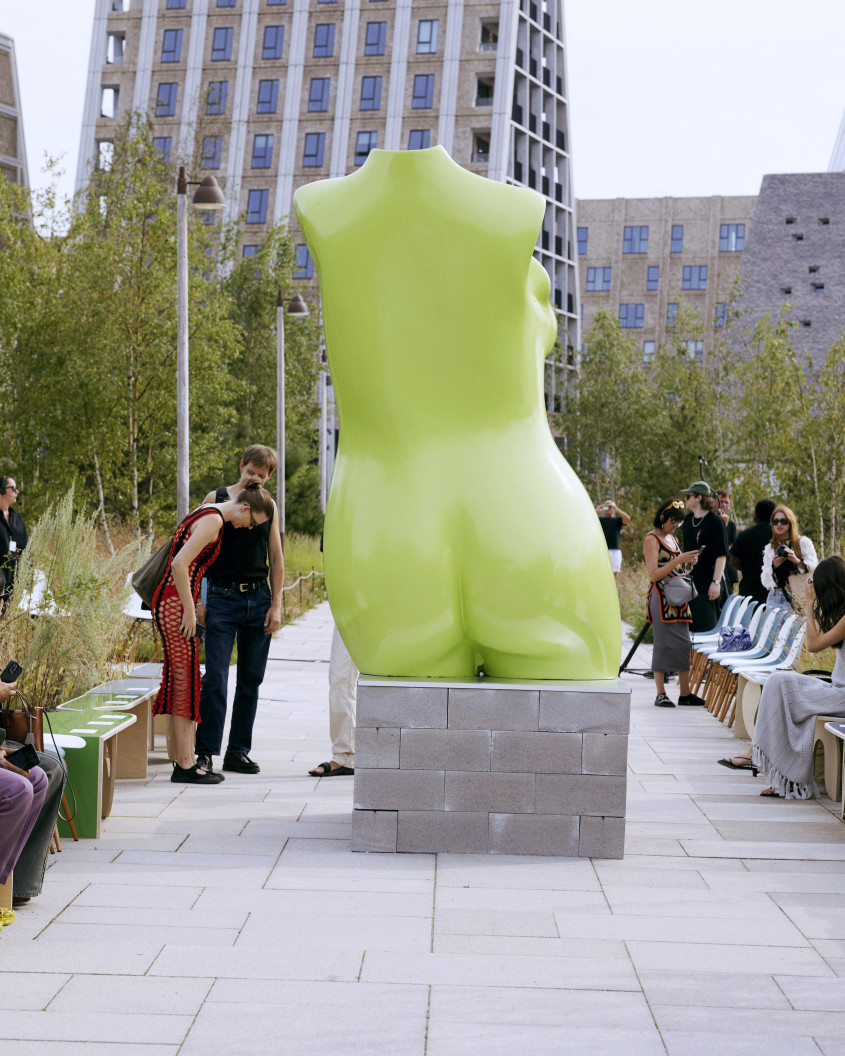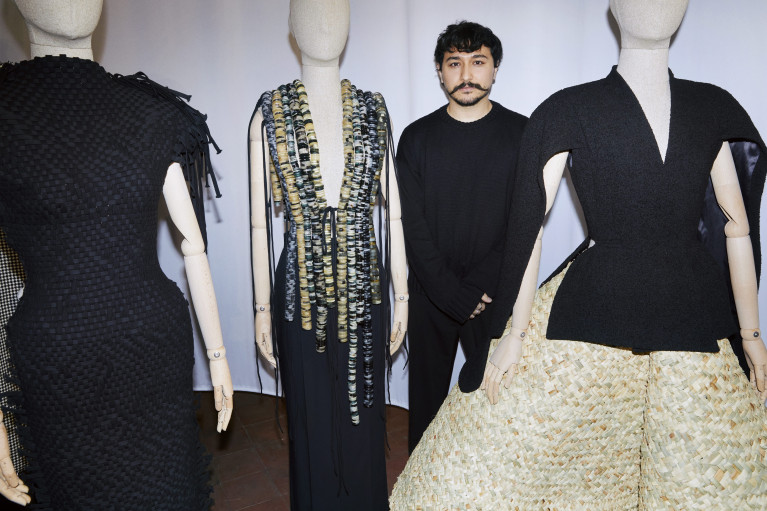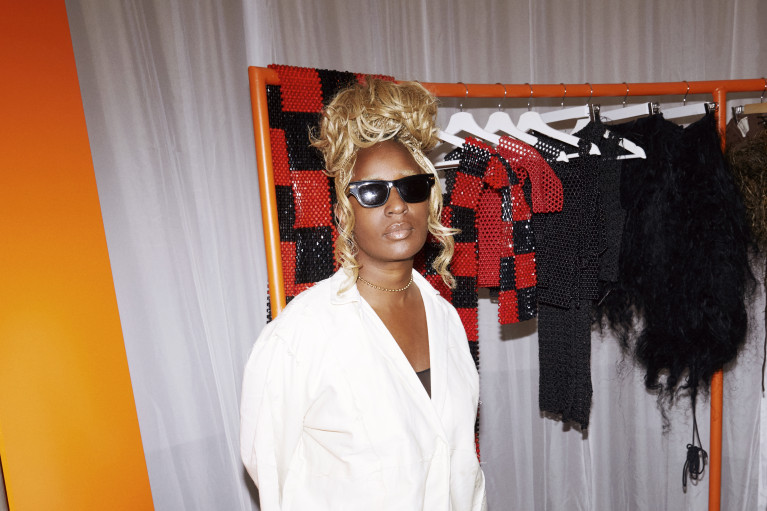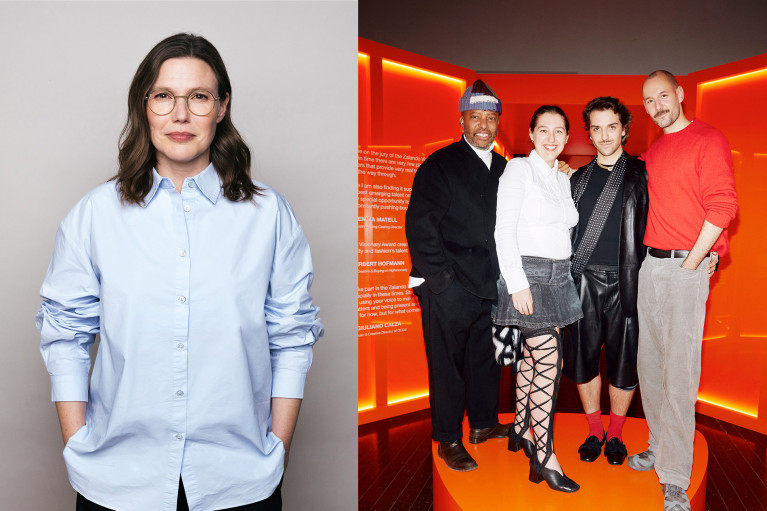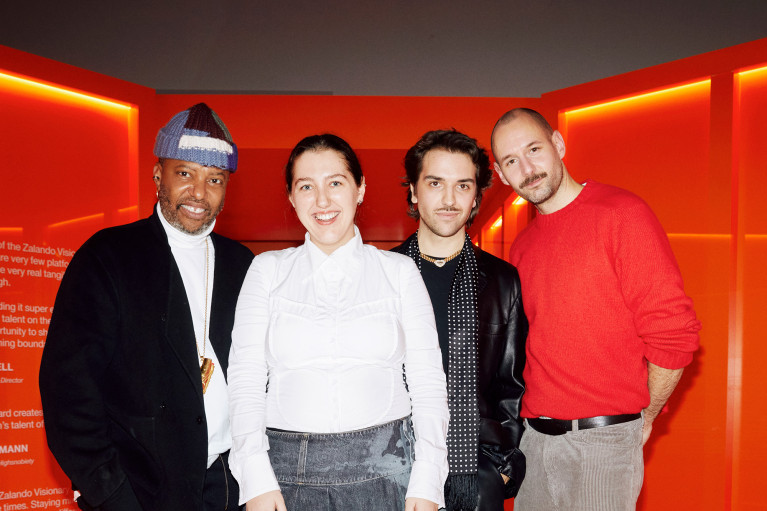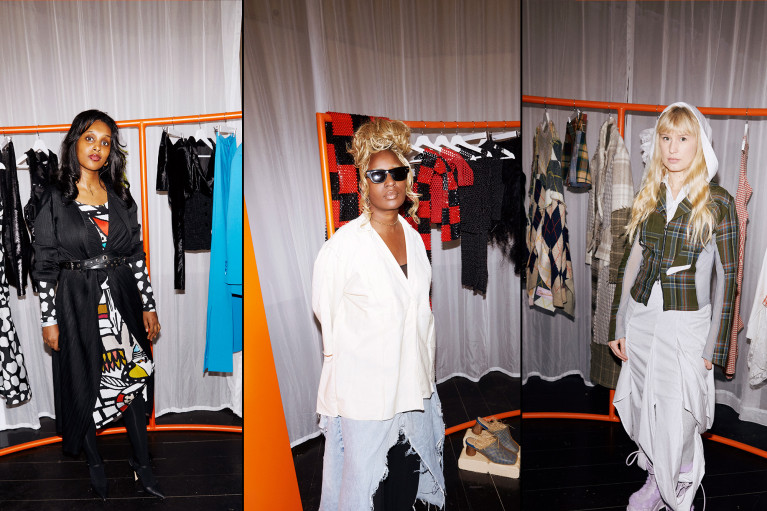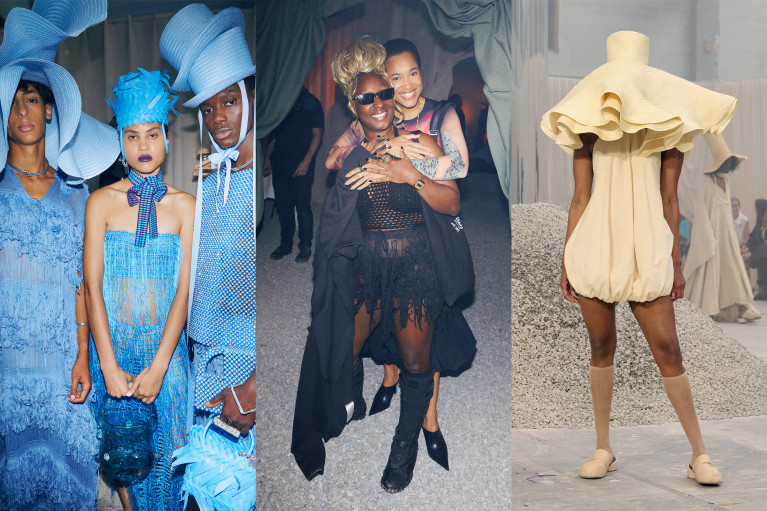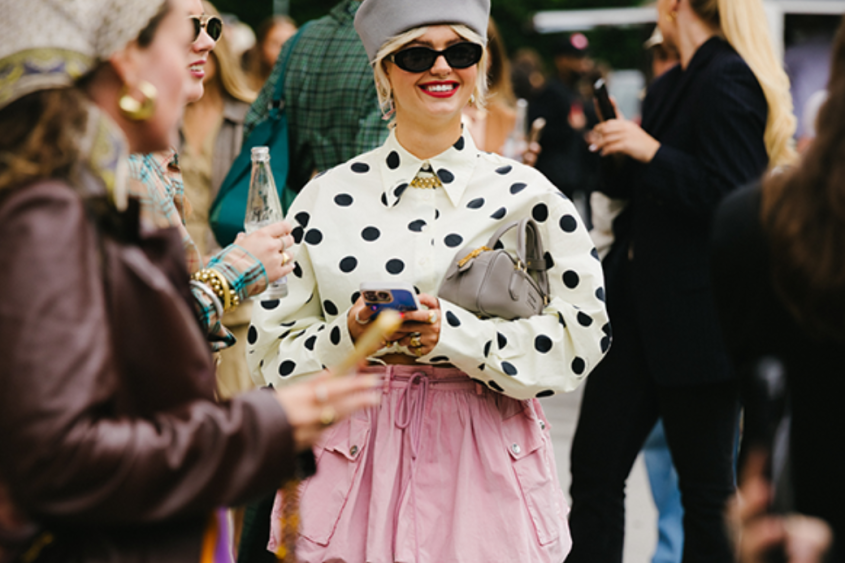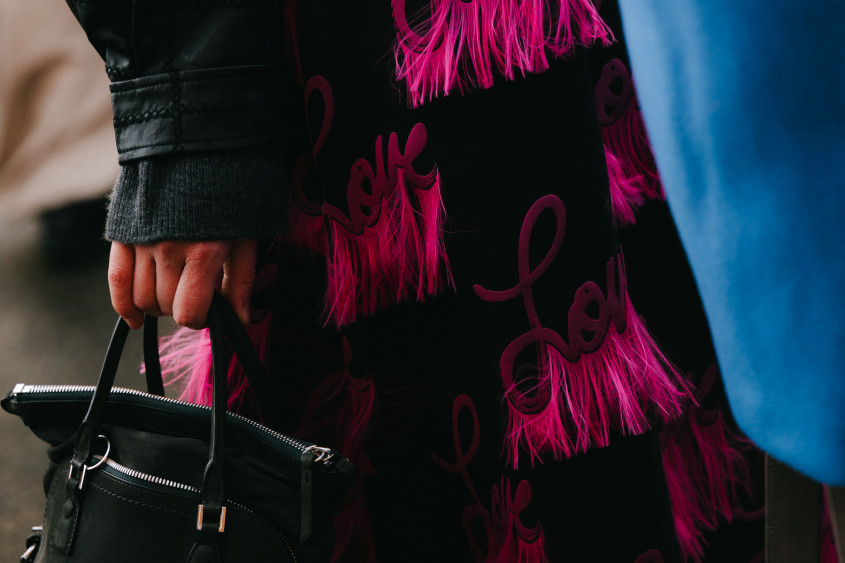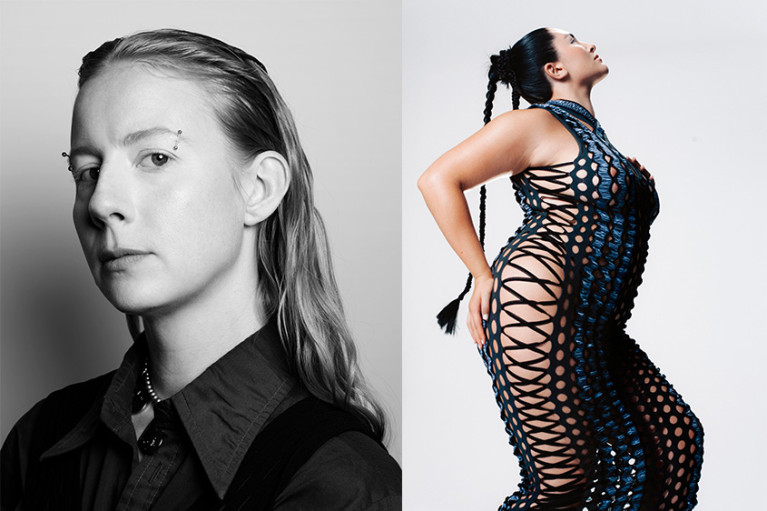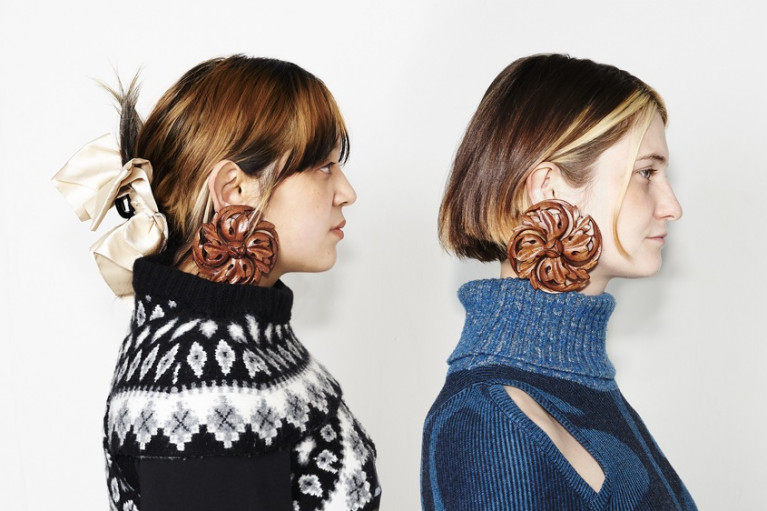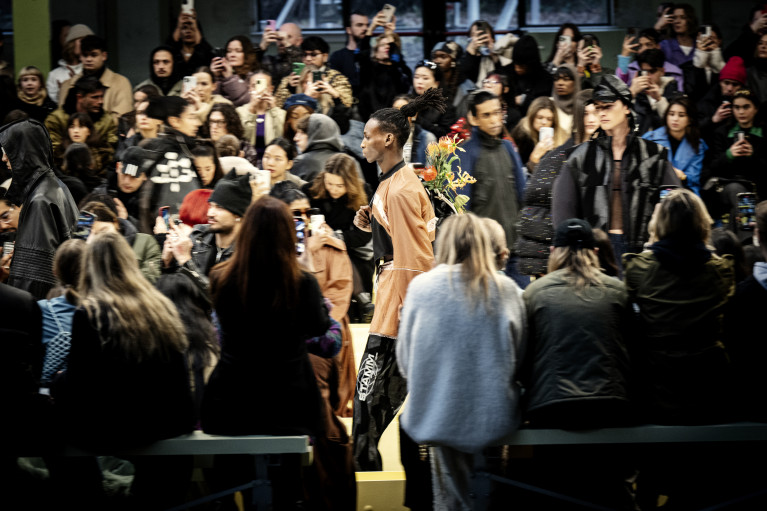Zalando Visionary Award
Zalando Visionary Award
Erfahre mehr darüber, wie der Zalando Visionary Award positive Veränderungen in der Modebranche fördert und Designer*innen auszeichnet, die mit visionärem Design, Innovation und sozialem Engagement überzeugen.
Erfahre mehr darüber, wie der Zalando Visionary Award positive Veränderungen in der Modebranche fördert und Designer*innen auszeichnet, die mit visionärem Design, Innovation und sozialem Engagement überzeugen.
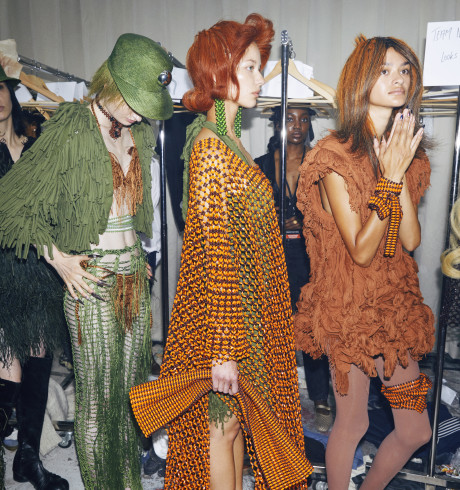
Der 2023 von Zalando ins Leben gerufene Zalando Visionary Award rückt Designer*innen und Modelabels ins Rampenlicht, die mit visionären Ideen einen positiven Wandel in der Modebranche vorantreiben. Die nominierten Labels setzen sich für bedeutsame Veränderungen innerhalb der Branche und darüber hinaus ein. Um für den Award berücksichtigt zu werden, müssen sie in mindestens einem der drei Award-Bereiche einen wertvollen Beitrag für die Modewelt leisten und gleichzeitig die Nachhaltigkeitsanforderungen der Copenhagen Fashion Week erfüllen. Die Gewinner*innen werden von einer internationalen Jury aus Branchenexpert*innen und einem Zalando-Team ausgewählt.
Die Säulen des Zalando Visionary Award
Zalando Visionary Award 2026
INSTITUTION gewinnt den Zalando Visionary Award 2026
INSTITUTION ist ein Modelabel, das sich als künstlerisch-soziale Organisation mit ethischen Grundprinzipien versteht.
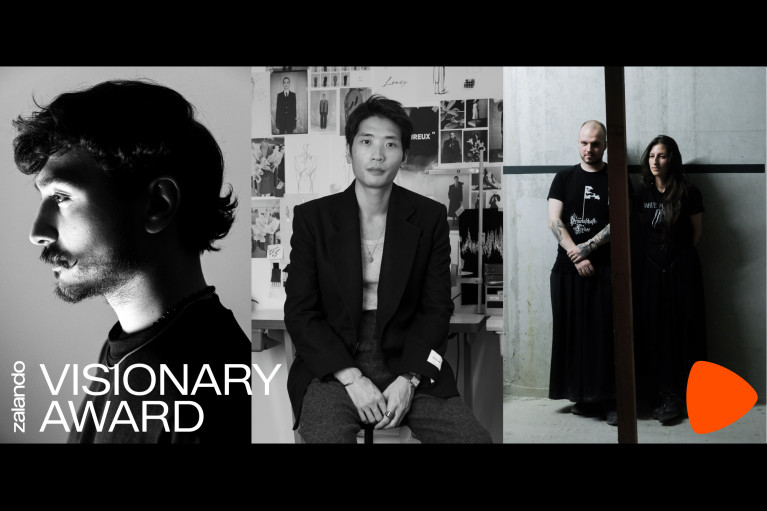
Zalando verkündet die Modelabels Institution, KYLE HO und Milk of Lime als Finalisten des Visionary…
Die nominierten Labels wurden von der Jury aufgrund ihres visionären Ansatzes in den Bereichen soziales Engagement, Innovation und Design ausgewählt.
Zalando Visionary Award 2025
Media
Zalando Visionary Award 2025 In Videos
Zalando Visionary Award winner IAMISIGO SS26 Runway Show
Learn more about Zalando Visionary Award winner IAMISIGOs preparation for their SS26 runway show:
News
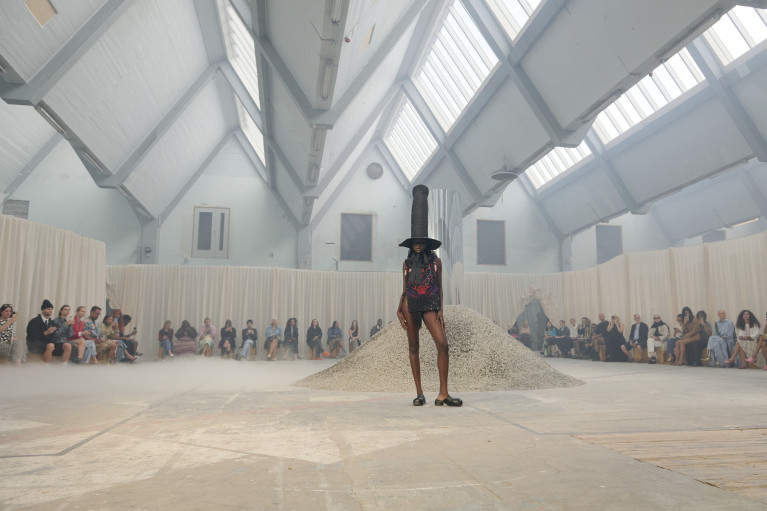
Zalando kehrt mit der dritten Ausgabe des Visionary Award zur Copenhagen Fashion Week zurück
Die dritte Ausgabe des Zalando Visionary Award würdigt das diesjährige Gewinner-Brand, IAMISIGO.
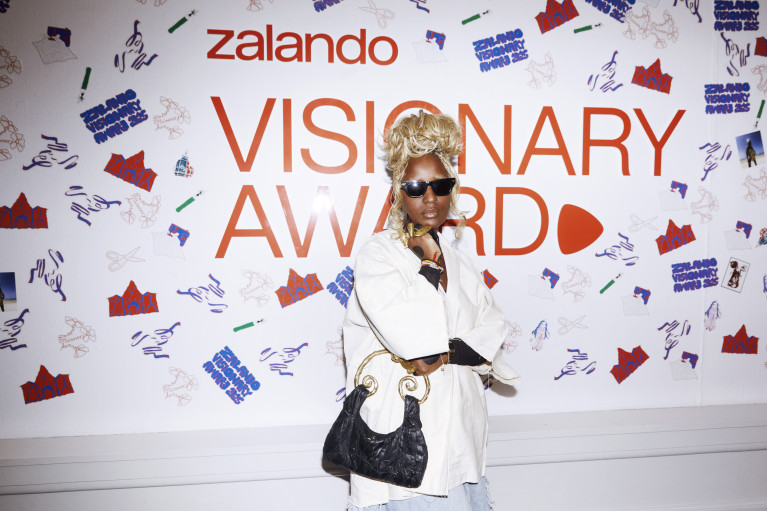
IAMISIGO gewinnt den Zalando Visionary Award 2025
IAMISIGO definiert Mode im Einklang mit ihrem kulturellen Erbe neu und kreiert so zeitgenössische Looks mit einer frischen Perspektive.
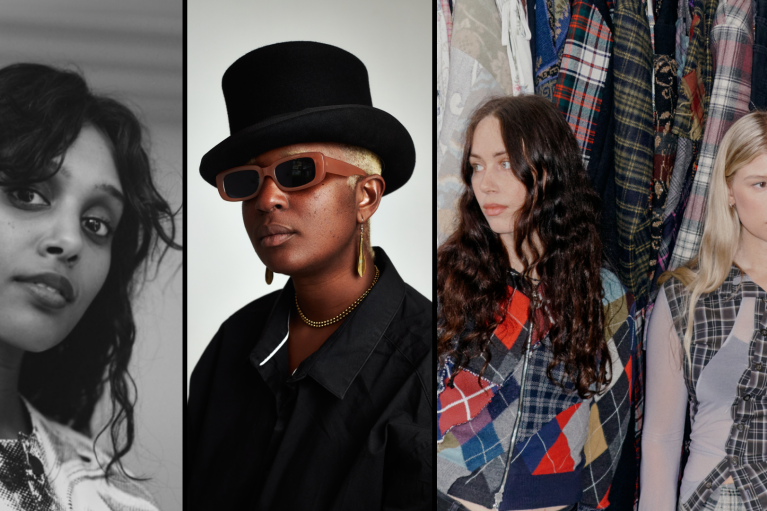
Zalando präsentiert FEBEN, IAMISIGO und Rave Review als Finalisten des Zalando Visionary Awards 2025…
Der Zalando Visionary Award würdigt Brands, die sich durch einen visionären Ansatz in Bezug auf soziales Engagement, Innovation und Kreativität auszeichnen.
